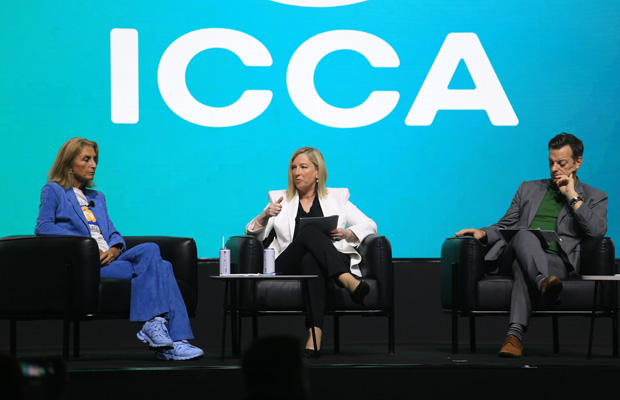Case study presentations and a lively Q&A for the session on Unblurring the lines: Bidding to Legacy at the 62nd ICCA Congress in Bangkok last month advised congress and conference organisers to start small and not worry about having to pin down a definition of legacy.
Loren Christie, managing director of BestCities Global Alliance (BGA), instead advised event planners to look at creating “a lasting positive impact on the future and improving the world” as a guiding principle.

This is because legacy means different things to different people, he stated. For instance, Christie related how a subvention tied to a legacy impact outcome did not have to be big, and even a US$5,000 grant could provide motivation.
Case studies shared by Jocelyne Muelli, general manager, KIT Group, on the International Union of Immunological Societies, and Julia Swanson, Melbourne Convention Bureau’s CEO, provided insight into how local communities, the young and other stakeholders can benefit.
Muelli said the 2024 and 2025 RFPs of the International Liver Transplant Society will include a legacy component, and encouraged all associations to include it in all bid documents.
Swanson noted the positive impact based on the mapped mission of the local host international association and government could be an economic contribution, benefit local businesses, provide access to research, and spark skilled migration opportunities.
During the workshop component, delegates were then asked to address seven questions: when do you begin the legacy discussion; who should be involved in the discussions, where does the funding to support the initiative come from; who is responsible for the delivery of the legacy initiative; how do you measure the KPIs and outcome; what challenges do we face; who manages the fallout of not reaching the KPIs of the legacy initiatives.
Resources meeting planners can access include BGA’s Copenhagen Legacy Lab, Capilano Study, Madrid Challenge and Case Study Project, with Bettina Reventlow-Mourier, deputy convention director of Wonderful Copenhagen, adding that the industry could lean on existing frameworks.











